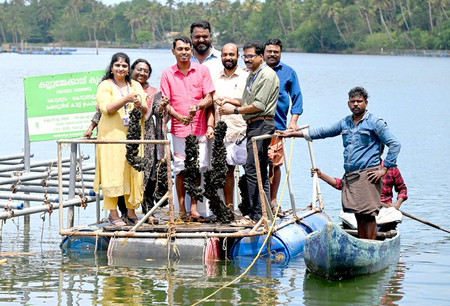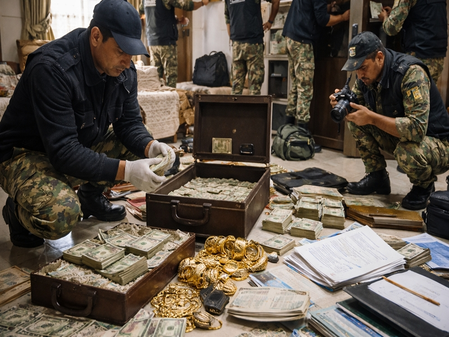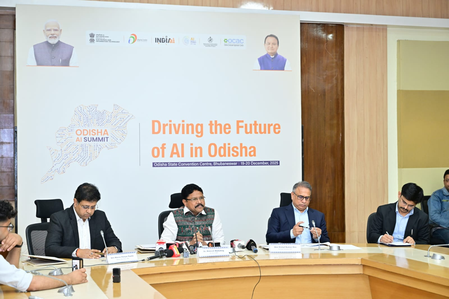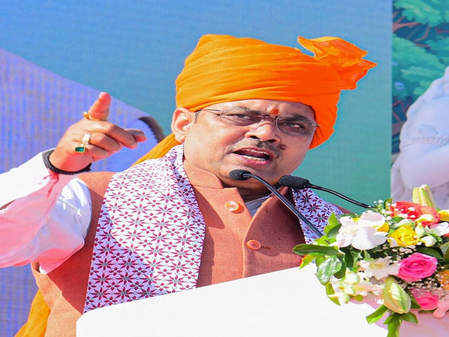
Kochi, May 23 (IANS) ICAR-Central Marine Fisheries Research Institute’s (CMFRI) mussel farming initiative for the benefit of the low-income community in Kerala’s Kodungallur emerged as a huge success, with two self-help groups from 15 families attaining a yield of 1.7 tonnes of mussels during a harvest mela held here on Friday.
The six month-long mussel farming undertaken in Kodungallur backwaters was part of the CMFRI’s Scheduled Caste Sub Plan (SCSP) scheme aimed at uplifting the living standards of the SC families.
The CMFRI’s efforts to popularise this less expensive farming method among the community yielded a good result with the farmers achieving a bumper harvest with good growth rate.
Shell-on mussels are expected to fetch a market price between Rs 200-250 per kg.
The institute installed two mussel farms made of GI pipes for members of 15 SC families in Kodungallur Municipality in December last year and offered all the required scientific and technical support, enabling the community engage in sustainable aquaculture.
CMFRI scientists regularly monitored the farming and offered support to the farmers to improve the growth.
Harvest Mela was inaugurated by Kodungallur Municipality Vice Chairman, V.S. Binil.
Appreciating the initiative, he said this venture would greatly help in promoting the livelihood opportunities for the community and improving their living standard.
Scientists of the CMFRI highlighted the potential of this farming model in empowering the marginalised coastal communities.
The promising results of this harvest, with a better growth rate, show that this less-expensive model has significant potential for expansion into more areas.
Recognising this prospect, the CMFRI would take steps to popularise this technology aiming to uplift and benefit a wider community, they said.
People’s representatives in the region expressed their willingness to extend this model into more regions.
Mussel farming is a relatively less intensive form of aquaculture.
The ICAR-CMFRI was established by the government in 1947 under the Ministry of Agriculture and Farmers Welfare, and it joined the ICAR family in 1967.
Since then by now it has emerged as one of the leading tropical marine fisheries research institutes in the world.
–IANS
sg/vd




